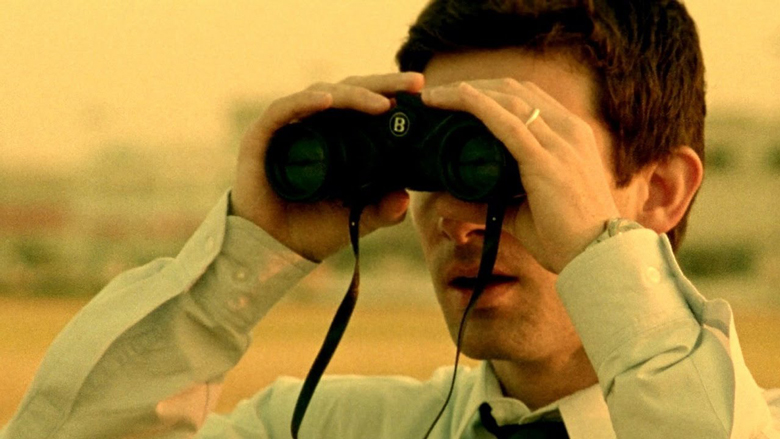
Bending time and space has long been a subject that has fascinated audiences. There is something about the ability to travel through time that greatly appeals to us, after all who doesn’t like the idea of being able to relive amazing moments, find out the winning lottery numbers, redo past mistakes or to influence maybe even all of history?
Not only that, but there is something about the often labyrinthine plots, complex narratives and intriguing paradoxes created that also captures the audience’s imagination. Films which bend the rules of the universe as we know it are films that challenge us and open our minds to amazing possibilities beyond the reality that we know.
Infinite time loops which go on forever and ever, past and present versions of ourselves, missions to save loved ones or solve crimes, missions to save the entire world – films which bend space and time have infinite possibilities….
Infinite time loops which go on forever and ever, past and present versions of ourselves, missions to save loved ones or solve crimes, missions to save the entire world – films which bend space and time have infinite possibilities….
Infinite time loops which go on forever and ever, past and present versions of ourselves, missions to save loved ones or solve crimes, missions to save the entire world – films which bend space and time have infinite possibilities….
1. Donnie Darko (2001)

Director Richard Kelly had previously directed short films before taking on Donnie Darko, his feature length debut. Donnie Darko had a disappointing performance at the box office earning $7.5 million against its $4.5 million budget and was considered a flop. However, the film received critical acclaim and has gone on to attract a cult following. It also won over twenty awards at various festivals and still frequently features on critics’ best of lists.
The film follows the titular character as he tries to deal with his doomsday related visions. One night Donnie sees a giant demonic rabbit named Frank who tells him that the world will end in twenty-eight days. After this, Donnie returns home to find that a jet engine has crashed into his bedroom. Now Donnie must try and work out what is real and what isn’t and whether the world is really going to end or not.
In 2009, a sequel to Donnie Darko was released. It was critically panned, and fans of the original were strongly against it. Kelly himself spoke out against the sequel saying, “I had nothing to do with it. And I hate when people try and blame me or hold me responsible for it because I had no involvement. I don’t control the underlying rights. I had to relinquish them when I was twenty-four years old. I hate when people ask me about that because I’ve never seen it and I never will.”
2. Predestination (2014)
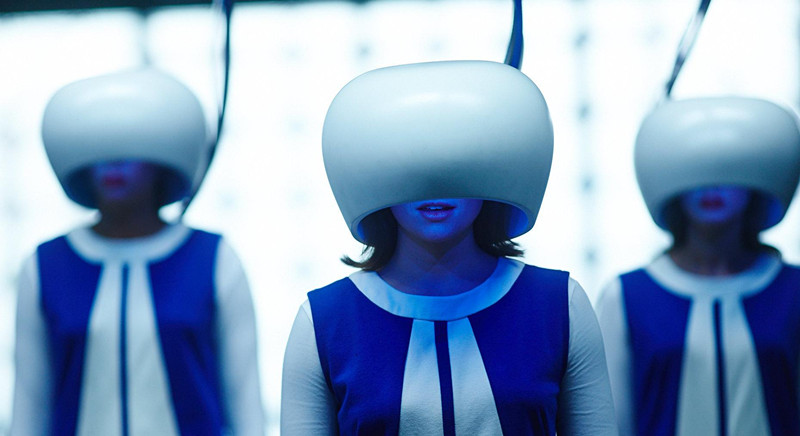
Written and directed by Michael and Peter Spierig, Predestination is based on the 1959 short story All You Zombies by Robert A. Heinlein, with many of the lines of dialogue lifted faithfully from the novel. The film follows a temporal agent who has been given one last assignment – to travel back in time and prevent someone who plans to set off a bomb in 1975 New York.
Predestination premiered at the 2014 South by Southwest Film Festival and then went on to be released at the beginning of 2015. The film was well received, winning multiple awards and was seen as a strong addition to the time travel genre. Predestination was estimated to have made just under $5 million against its budget of $5.4 million.
For those who haven’t read the source material, Predestination packs a punch that audiences won’t see coming. With that in mind, some may assume that the film might not watch as well on a second viewing however co-director Michael Spierig recommends watching the film again and thinks that it actually works even more effectively on a rewatch. He said, “I think the second viewing is better simply because some things are obvious. The second time around you really see the tragedy of it all. And you see the cynicism of the bartender character as well. So, I think the second viewing is so much more interesting knowing the outcome.”
3. The Girl Who Leapt Through Time (2006)
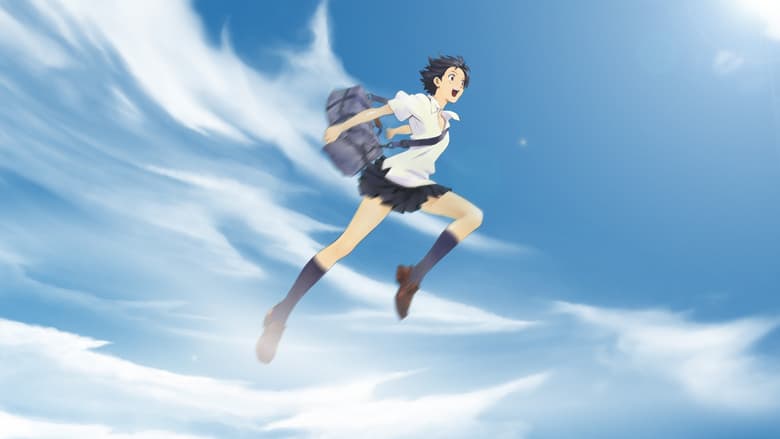
The Girl Who Leapt Through Time is a loose sequel of the novel of the same name by Yasutaka Tsutsui. The novel has been previously adapted numerous times, including as a television series, a television film and as a live action adaptation. The film follows Makoto, a high school girl who discovers that she can travel in time and decides to use it to her personal advantage, unaware that her actions are affecting others as well.
The Girl Who Leapt Through Time was released to positive reviews and won the Japan Academy Prize for Animation of the Year, as well as other numerous awards. The film’s success was surprising given its limited release and limited marketing. However, the film soon gained momentum due to its positive critical response and word of mouth. Film goers reportedly maxed out some theatres, with some even standing to be able to watch the film. After this, the film was more widely released.
The Girl Who Leapt Through Time was directed by Mamoru Hosoda, who although had directed other works previously, was seen as having broken through with this film. Hosoda spoke of how important personal development is in his films and how he especially sees that in this film with its coming of age elements and realisations for the main character.
4. Arrival (2016)
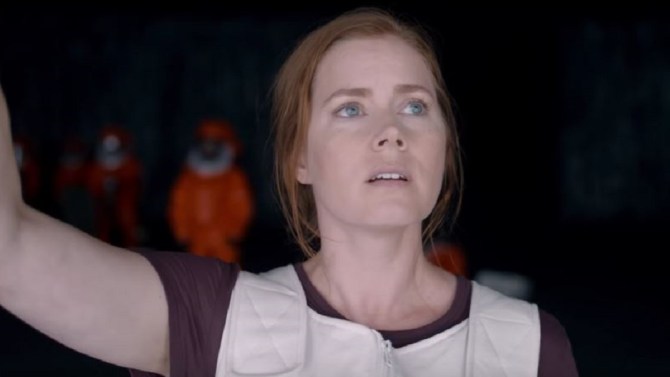
Directed by Denis Villeneuve and written by Eric Heisserer, Arrival is based on the 1998 short story, Story of Your Life by Ted Chiang. Arrival premiered at the Venice Film Festival and was well received both critically and commercially.
When twelve extra terrestrial spaceships descend on Earth and hover silently over different locations, linguist Louise Banks is called in with her team to try and interpret and decipher the complex language that the aliens are trying to communicate with.
Arrival grossed over $200 million at the box office against a budget of $47 million and was nominated for multiple awards. It received eight nominations at the 89th Academy Awards and won the Academy Award for Best Sound Editing. Arrival was selected by the American Film Institute as one of the ten best films of 2016.
5. Twelve Monkeys (1995)
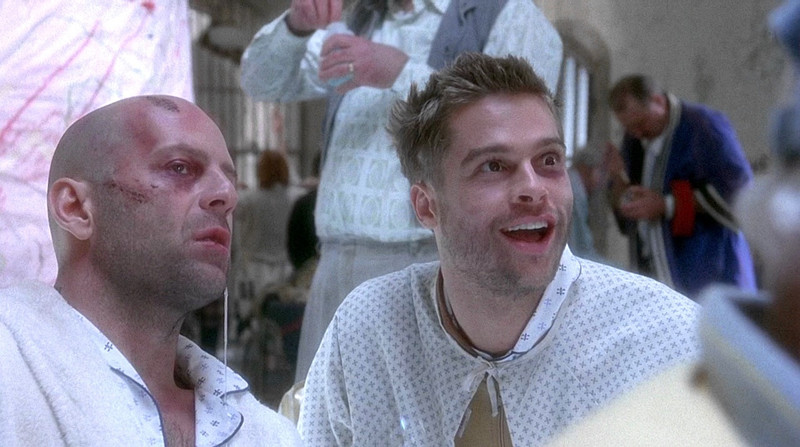
Directed by Terry Gilliam, Twelve Monkeys was inspired by the 1962 short film La Jetee which was directed by Chris Marker. The film was adapted to a feature screenplay by David and Janet Peoples. Although Gilliam was quickly chosen to direct and Brad Pitt and Bruce Willis were signed on, Universal took a long time to sign off on Twelve Monkeys due to the extensive cost of Waterworld.
Twelve Monkeys was released to critical acclaim and grossed over $168 million against its $29.5 million budget. The film was nominated for various awards and won awards at the Saturn Awards, the Golden Globes and Pitt was nominated for an Academy Award for Best Supporting Actor.
Twelve Monkeys has gone on to achieve a cult following and following the release of The Zero Theorem in 2013, many claimed that Gilliam had meant for Twelve Monkeys to be part of a trilogy with The Zero Theorem completing the trilogy and 1985’s Brazil as the first instalment. However, Gilliam has laughed off the claims and said of them. “Well, it’s funny, this trilogy was never something I ever said, but it’s been repeated so often it’s clearly true. I don’t know who started it but once it started it never stopped.”